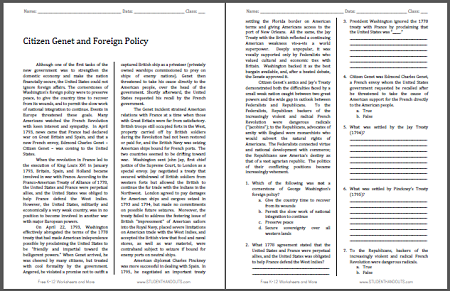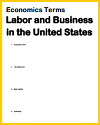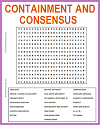| Citizen Genet and Foreign Policy Reading with Questions |
|---|
| www.studenthandouts.com ↣ American History ↣ American History Readings |
 Although one of the first tasks of the new government was to strengthen the domestic economy and make the nation financially secure, the United States could not ignore foreign affairs. The cornerstones of Washington's foreign policy were to preserve peace, to give the country time to recover from its wounds, and to permit the slow work of national integration to continue. Events in Europe threatened these goals. Many Americans watched the French Revolution with keen interest and sympathy. In April 1793, news came that France had declared war on Great Britain and Spain, and that a new French envoy, Edmond Charles Genet—Citizen Genet—was coming to the United States...
Although one of the first tasks of the new government was to strengthen the domestic economy and make the nation financially secure, the United States could not ignore foreign affairs. The cornerstones of Washington's foreign policy were to preserve peace, to give the country time to recover from its wounds, and to permit the slow work of national integration to continue. Events in Europe threatened these goals. Many Americans watched the French Revolution with keen interest and sympathy. In April 1793, news came that France had declared war on Great Britain and Spain, and that a new French envoy, Edmond Charles Genet—Citizen Genet—was coming to the United States...Questions with answers in bold: 1. Which of the following was not a cornerstone of George Washington’s foreign policy? a. Give the country time to recover from its wounds b. Permit the slow work of national integration to continue c. Preserve peace d. Secure sovereignty over all western lands 2. What 1778 agreement stated that the United States and France were perpetual allies, and the United States was obligated to help France defend the West Indies? Franco-American Treaty of Alliance 3. President Washington ignored the 1778 treaty with France by proclaiming that the United States was "_____." friendly and impartial toward the belligerent powers 4. Citizen Genet was Edmond Charles Genet, a French envoy whom the United States government requested be recalled after he threatened to take the cause of American support for the French directly to the American people. a. True b. False 5. What was settled by the Jay Treaty (1794)? Withdrawal of British soldiers from western forts but allowed the British to continue the fur trade with the Indians in the Northwest. London agreed to pay damages for American ships and cargoes seized in 1793 and 1794, but made no commitments on possible future seizures. 6. What was settled by Pinckney's Treaty (1795)? Settling the Florida border on American terms and giving Americans access to the port of New Orleans. 7. To the Republicans, backers of the increasingly violent and radical French Revolution were dangerous radicals. a. True b. False Click here to print. |
 |  |  |  |  |  |
| www.studenthandouts.com ↣ American History ↣ American History Readings |








